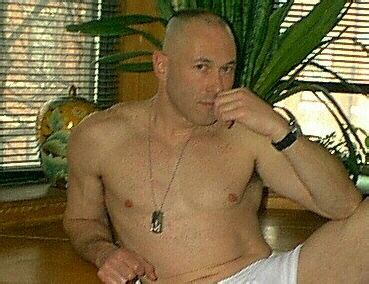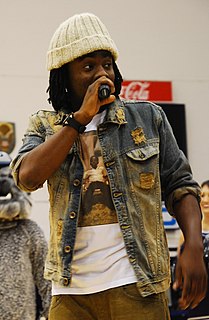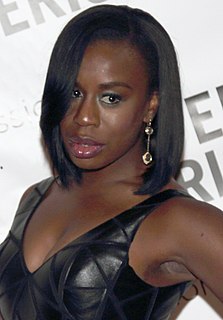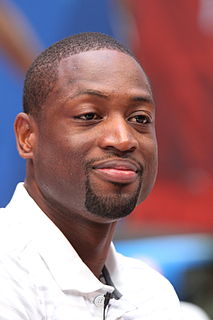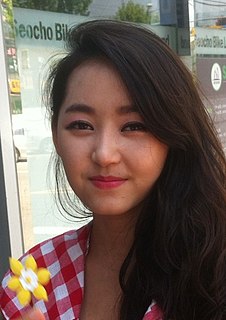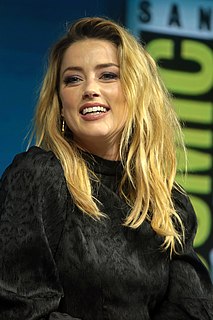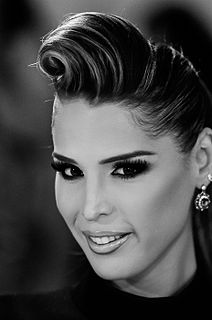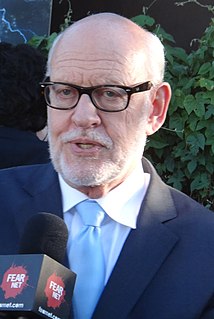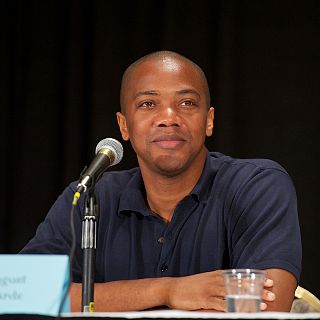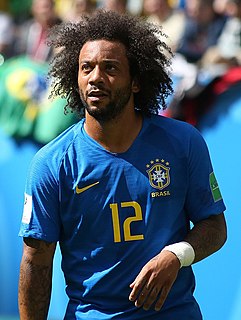A Quote by Toks Olagundoye
My name is very specific to my family. I'm very proud of being Nigerian. I understand that most people can't pronounce it, but that's OK.
Related Quotes
There are cultures in which it is believed that a name contains all a persons mystical power. That a name should be known only to God and to the person who holds it and to very few privileged others. To pronounce such a name either ones own or someone else's is to invite jeopardy. This it seemed was such a name.
I'm most proud of my kids, for one, and my family and my parents. Outside of that - what am I proud of? I don't know. I don't look back, I just go forward. I'm just proud of the fact that my parents were immigrants and we had nearly nothing, and all of the sudden, with the help of a lot of people and my parents as a model, I amounted to something. And I'm doing some very decent work.


